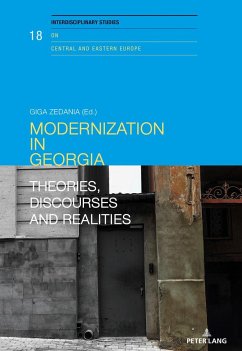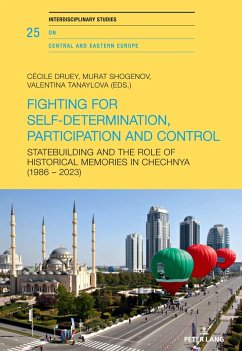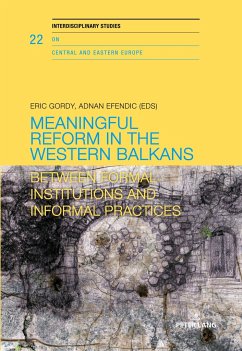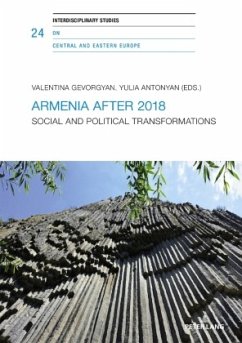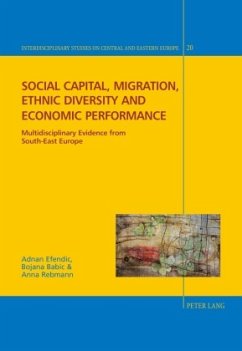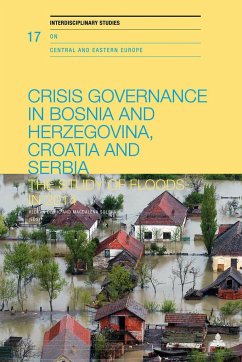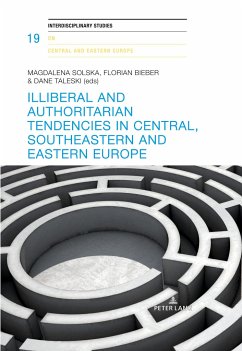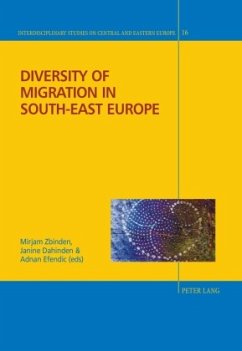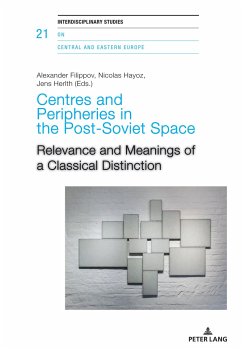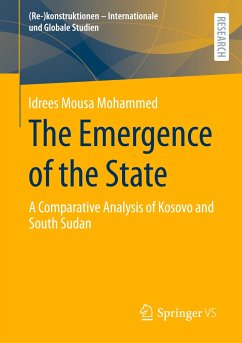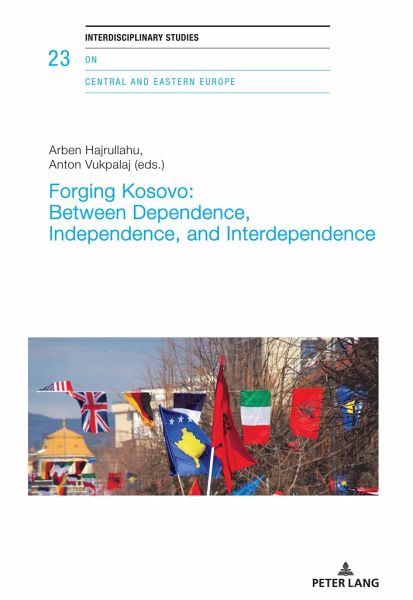
Forging Kosovo: Between Dependence, Independence, and Interdependence
Versandkostenfrei!
Versandfertig in 6-10 Tagen
57,85 €
inkl. MwSt.

PAYBACK Punkte
0 °P sammeln!
For many areas of social science research, including conflict resolution, peacebuilding, and international state-building, Kosovo remains a uniquely interesting and relevant case. This book is motivated by the belief that there is much to be gained, analytically and empirically, from bringing together local scholarship that focuses on Kosovo-specific issues. It helps understand how pathdependent historical legacies set in motion prior to and during the war for independence, coupled with contemporary processes of dependence on and interdependence with external actors, shaped contemporary Kosovo...
For many areas of social science research, including conflict resolution, peacebuilding, and international state-building, Kosovo remains a uniquely interesting and relevant case. This book is motivated by the belief that there is much to be gained, analytically and empirically, from bringing together local scholarship that focuses on Kosovo-specific issues. It helps understand how pathdependent historical legacies set in motion prior to and during the war for independence, coupled with contemporary processes of dependence on and interdependence with external actors, shaped contemporary Kosovo society and institutions. It brings together a methodologically diverse set of local scholarly perspectives on contemporary political, legal and societal developments in Kosovo.



